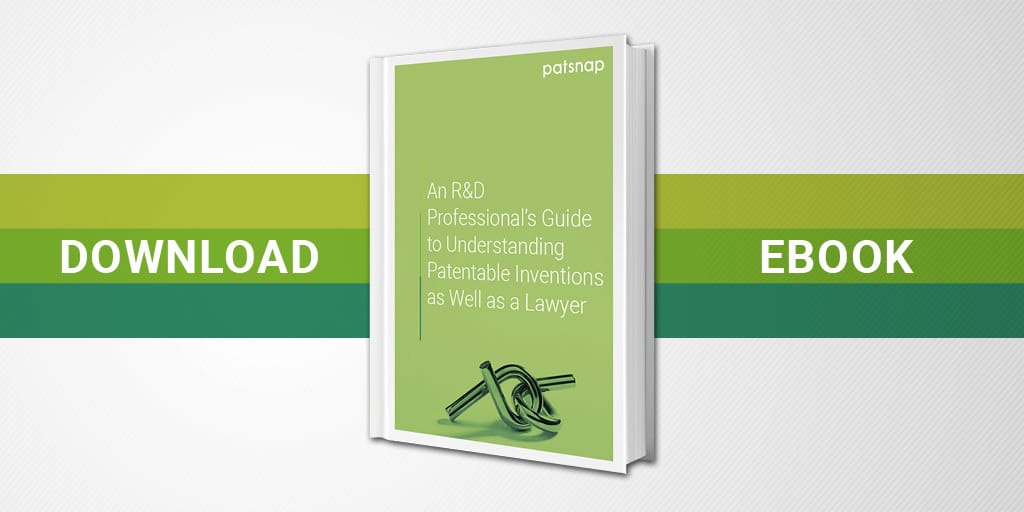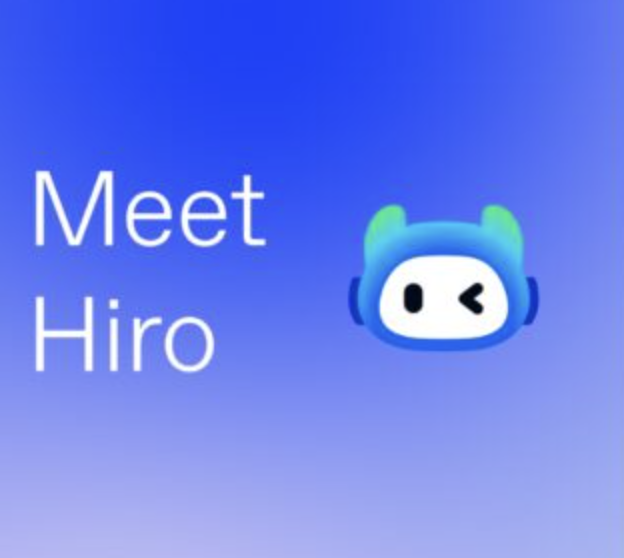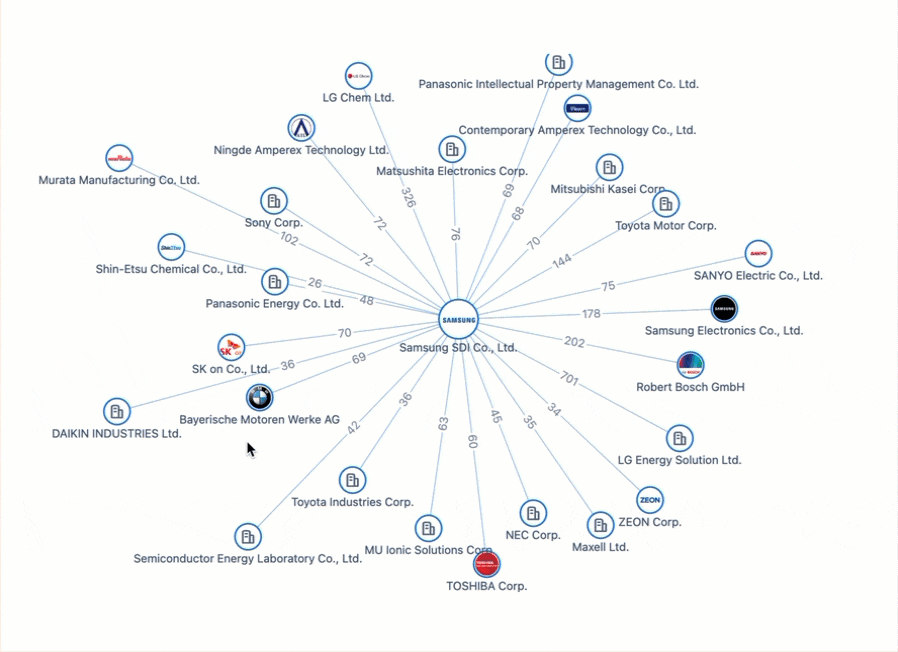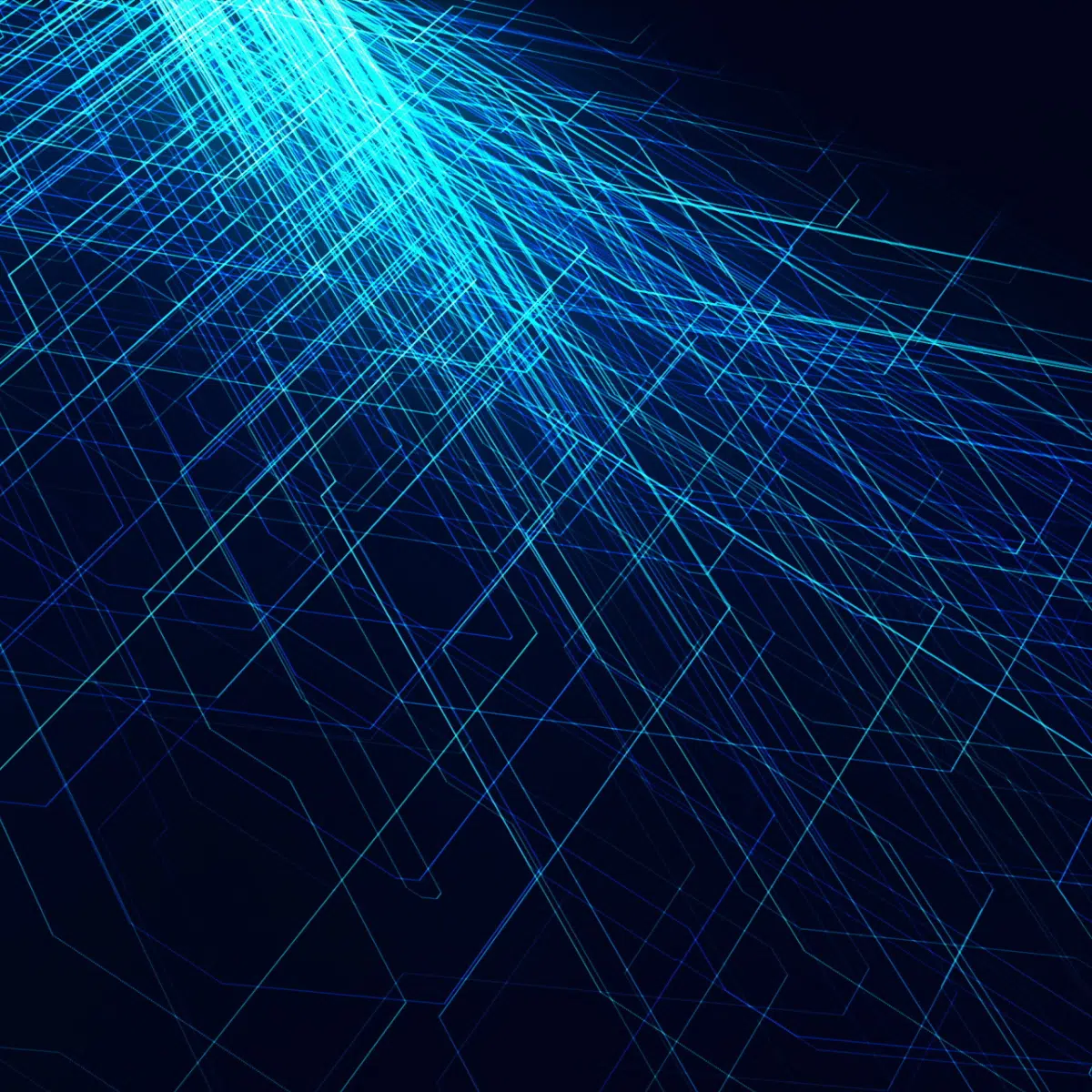Why software patents are worth trouble
There is a prevailing view within much of the software industry that it is simply not worth the bother to patent. This view has been strengthened by landmark legal cases, which support the myth, most notably the case involving Alice Corporation versus CLS Bank International. This was widely regarded as a definitive outcome that appears to declare the software patent as null and void. However, ‘software’ companies continue to file patents. Why would they continue to do this if the Alice ruling suggests it’s irrational?
There are a couple of reasons why the Alice ruling does not ring the final death knell of patenting in the software space. First of all, the Supreme Court did not state that all software is ineligible for patenting. In fact, software was never mentioned in the verdict at all. The decision was based on one of the three exclusion criteria that US courts use to determine patentability:
- Laws of nature
- Natural phenomena
- Abstract ideas
It was ruled that the Alice Corporation patent was not enforceable based on the abstract ideas exclusion. This does not mean, as Brett Schuman of Goodwin’s IP Litigation Group has explained,“that all software is ineligible subject matter”, adding,“true inventiveness in the software space remains valuable and potentially patentable.”
As the World Intellectual Property Organization points out, it does mean that software organizations must think very carefully about the right kind of protection for their intellectual property, whether that be copyright or obtaining patents. As the organization explains:
“Copyright protection extends only to expressions, and not to ideas, procedures, methods of operation or mathematical concepts as such.Although copyright protects the ‘literal expression’ of computer programs, it does not protect the ‘ideas’ underlying the computer program, which often have considerable commercial value.”
It is extremely important for software companies to understand what types of patents other software companies are filing. This allows them to reach an informed decision about what they should protect themselves, rather than simply assuming that patents do not apply. Furthermore, patent law differs at a local level, and what applies in one jurisdiction does not necessarily apply to another. This also needs to be checked and taken into consideration. It means that software companies need to take extra care to ensure that IP legal experts who are familiar with local legislation have scrutinized a potential patent.
Due to incorrect assumptions, confusion and myth, it could be very easy for software companies to misjudge the importance of IP protection in their organization. It makes it more important for this sector, over others, to analyze IP trends closely and to use this analysis to reach the correct decisions about when and what to patent.

Download our free ebook: An R&D Professional’s Guide to Understanding Patentable Inventions as Well as a Lawyer
Your recommended content
-

Introducing Hiro, an AI assistant built for IP and R&D workflows
Category: AI advancements | Category: AI development | Category: AI-tools | Category: Article | Category: artificial intelligence
Tuesday, May 14, 2024
Powered by Patsnap’s industry-specific LLM, Hiro is designed to streamline IP and R&D workflows from ideation to product launch. With its robust AI capabilities, Hiro brings a new level of efficiency, precision, and security to tasks that were once time-consuming and labor-intensive.What sets Hiro apart is that it draws from our large language model that’s been trained on market-leading patent records, academic papers, and proprietary innovation data. This ensures we deliver more accurate and reliable results for every prompt.
-

Powering the Future of Electric Vehicles: The Battle for Battery Innovation and Patents
Category: Article | Category: battery technology | Category: electric vehicle | Category: EV | Category: lithium ion | Category: lithium ion battery | Category: NEV | Category: new energy vehicles
Monday, April 22, 2024
In the ever-evolving landscape of innovation, the electric vehicle (EV) industry stands as a beacon of technological transformation. As we explore the patents propelling the EV revolution, Apple's venture serves as a poignant example of the challenges even industry giants face in this competitive arena. Join us on a journey through the global patent landscape, where the quest for superior power solutions unfolds, and where the true pioneers of the EV revolution are making their mark.
-

The People vs. AI: Who Owns Ideas in the Era of Generative Artificial Intelligence?
Category: AI era | Category: AI-driven creativity | Category: AI-generated creations | Category: Article | Category: copyright and patent rights | Category: digital innovation | Category: innovation | Category: intellectual property law | Category: legal implications | Category: OpenAI Sora | Category: patent law | Category: Research Tag | Category: Sora | Category: text-to-video generative AI | Category: who owns AI
Monday, April 22, 2024
OpenAI’s Sora software, a text-to-video generative AI model, recently made headlines showing a series of 1-paragraph prompts and some high-quality footage generated based on those prompts. It is a rightfully impressive showing, but it’s still too early to identify how IP law will be disrupted by generative AI. This editorial delves into the multifaceted landscape of Sora's impact, offering insights into the future of innovation and ownership in the AI era.